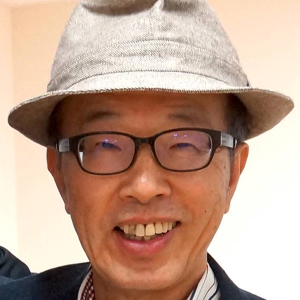Title : Intake of ?-6 polyunsaturated fatty acid-rich vegetable oils and risk of lifestyle diseases
Abstract:
Although excessive consumption of deep-fried foods is regarded as one of the most important epidemiological factors of lifestyle diseases such as Alzheimer’s disease, type 2 diabetes, and obesity, the exact mechanism still remains unknown. This is to discuss whether the heated cooking oil-derived peroxidation product may cause cell degeneration/death for the occurrence of lifestyle diseases. Deep-fried foods cooked by ω-6 polyunsaturated fatty acid (PUFA)-rich vegetable oils such as rapeseed (canola), soybean, and sunflower oils, already contain or intrinsically generate ‘hydroxynonenal’ by peroxidation. As demonstrated previously, hydroxynonenal promotes carbonylation of Hsp70.1, with the resultant impaired ability of cells to recycle damaged proteins and stabilize the lysosomal membrane. Until now, implication of autophagy/lysosomal failure due to daily consumption of ω-6 PUFA-rich vegetable oil in the progression of cell degeneration/death was not reported. Since the ‘calpain-cathepsin hypothesis’ was formulated as a cause of ischemic neuronal death in 1998, its relevance to Alzheimer neuronal death has been suggested with particular attention to hydroxynonenal. However, its relevance to cell death of the hypothalamus, liver, and pancreas, especially being related to the appetite/energy control, is unknown. The hypothalamus senses information from both adipocyte-derived leptin and circulating free fatty acids. Levels of circulating fatty acid and its oxidized form especially hydroxynonenal are increased in obese and/or aged subjects. As overactivation of fatty acid receptor GPR40 in response to excessive or oxidized fatty acids in these subjects may lead to the disruption of Ca2+ homeostasis, it should be evaluated whether GPR40 overactivation contributes to diverse cell death. Here, I describe the molecular implication of ω-6 PUFA-rich vegetable oil-derived hydroxynonenal in the lysosomal destabilization/rupture for diverse cell death. By covalently modifying Hsp70.1, both the dietary PUFA- (exogenous) and the membrane phospholipid- (intrinsic) peroxidation product ‘hydroxynonenal’, combined together, may play crucial roles in the occurrence of Alzheimer’s disease and related lifestyle diseases.


